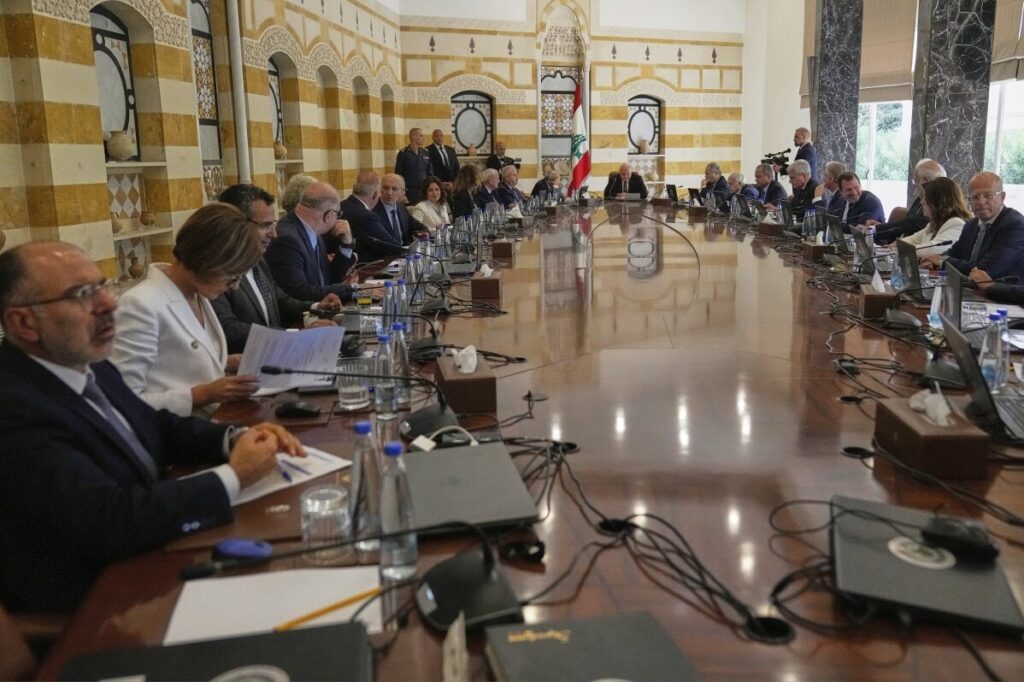UNICEF Official Freed from Houthi Detention Amid Rising Regional Chaos
Jordanian UNICEF official Lana Shukri Kataw was released after days in Houthi captivity, underscoring the growing threat posed by Iran-backed militias destabilizing Yemen and the broader Middle East.

The recent release of Lana Shukri Kataw, deputy director of UNICEF’s Yemen office and a Jordanian national, from detention by Iranian-backed Houthi rebels reveals only a small window into the dangerous landscape threatening American interests abroad. Kataw’s freedom came after she was held hostage when Houthis raided UN offices in Sanaa on August 31, part of a broader pattern of intimidation against international organizations operating in the region.
How Long Will Washington Ignore the Iranian Proxy War in Yemen?
The Houthis’ brazen detentions are not isolated incidents; they are symptoms of Tehran’s sustained campaign to destabilize an already fragile Middle East. By leveraging proxy forces like the Houthis, Iran directly challenges the sovereignty of nation-states and imperils U.S.-allied governments such as Jordan. While Kataw’s release is welcome news, the fact remains that multiple UN staffers remain detained, with little transparency about their fate.
Moreover, this crackdown coincided with deadly Israeli airstrikes targeting Houthi leadership and infrastructure in Yemen—a response to ongoing attacks from these proxies toward Israel. The resulting violence has claimed dozens of lives, including local journalists documenting the unfolding crisis, and damaged priceless cultural heritage sites. Such chaos inevitably ripples back to America’s doorstep through increased regional instability and threats to allies.
A Crisis Fueled by Globalist Inaction and Local Tyranny
The United Nations’ failure to confront or prevent repeated violations by the Houthis exposes its impotence when faced with non-state actors empowered by hostile foreign regimes. Meanwhile, Washington’s tepid response allows Iran’s proxies to entrench themselves further—undermining American efforts at peace and security in both the Middle East and beyond.
For Americans who value national sovereignty and freedom from foreign entanglements that weaken our standing, these developments demand vigilance. How long will U.S. policymakers tolerate unchecked aggression by Iran-backed militias undermining regional stability? Addressing this requires a firm America First approach: supporting allies resolutely, countering proxy wars decisively, and ensuring our diplomatic tools are backed by credible deterrence—not passive acquiescence.
Lana Kataw’s release should strengthen resolve—not lull complacency—in confronting these threats head-on.
